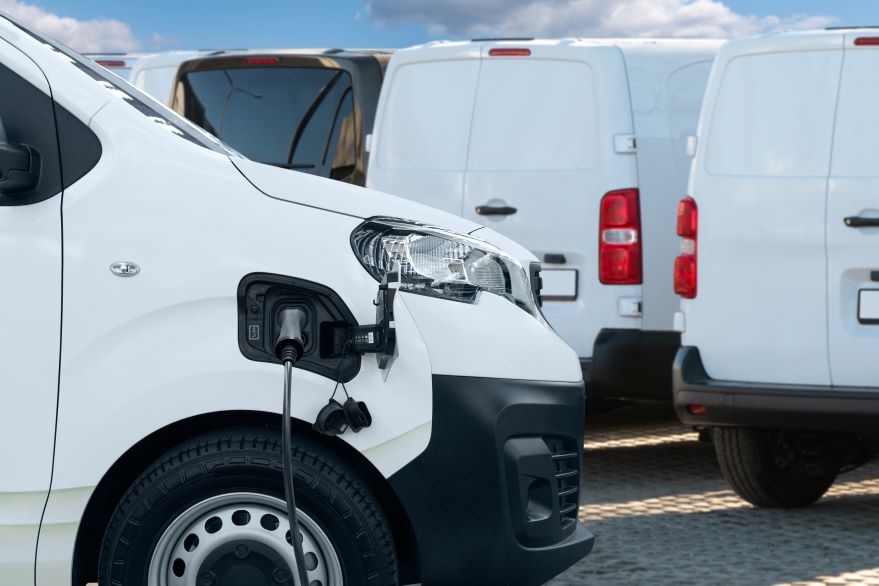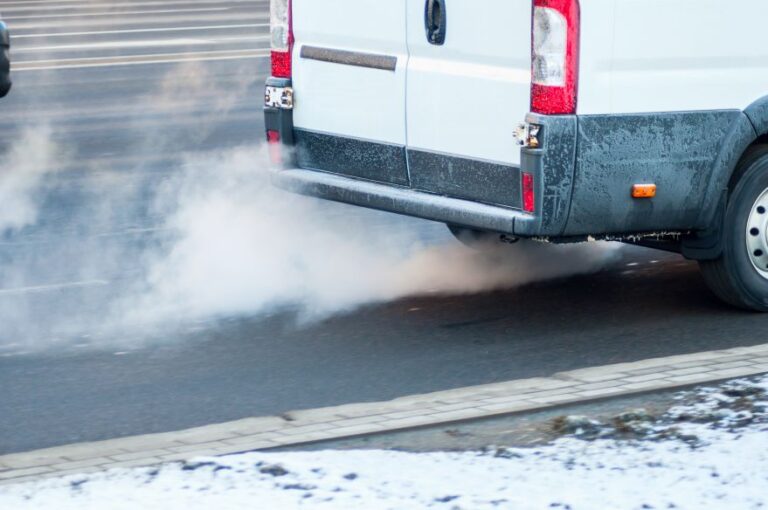The Labour government has confirmed it’s sticking to the plan: no more new petrol or diesel cars will be sold from 2030. Sounds like ages away — but remember when we first went into lockdown? That was five years ago. So time flies quicker than you think!
That’s right — the government’s confirmed that from 2030, sales of new petrol and diesel cars will be banned. But what about your trusty work van? Here’s the good news — or is it?
A reprieve for van drivers (sort of)
You’ve got a bit more breathing room. While cars hit the ban list in 2030, new diesel and petrol vans can still be sold until 2035.
But is that extra five years of wiggle room actually helpful? Or is it just kicking the can down the road and setting you up for a bigger headache later?
Some experts reckon many van drivers will use the delay to stick with diesel as long as they can. Why? Because the electric van market isn’t quite there yet — and a lot of businesses aren’t convinced the switch makes sense.
What’s actually being banned?
Here’s the quick breakdown:
- 2030: No new petrol or diesel cars. Hybrids that can go a decent distance on electric might survive a bit longer.
- 2035: No new petrol or diesel vans either. After this, only zero-emission vehicles can be sold.
- You can still drive your old van – the ban is on new sales only.
So no, you don’t have to bin your diesel van overnight. You can still drive it, insure it, and work with it — even past 2035.
But the ban is a head-scratcher
According to Peter Golding from FleetCheck, electric cars are catching on — but electric vans? Not so much.
And it’s not just about cost. The main issues are range, charging time, and payload. Basically, electric vans don’t cut it yet for anyone doing more than short trips or lugging heavy gear.
He essentially said that you can’t force people to buy what they don’t want. Realistically, drivers won’t be swapping to electric any time soon, even with the ban. So while the government is setting deadlines, the reality on the ground looks a bit different.
Paul Hollick from the Association of Fleet Professionals reckons the 2035 van deadline is more realistic. He says it gives van makers and fleet operators more time to develop better electric options — and for the UK to catch up on charging infrastructure. Because let’s be honest, public van charge points are basically unicorns at the moment.

The sales speak for themselves
Electric van demand remains static in 2024, like it has for a few years now. Even though overall van sales are up – by 3% last year – only 6.3% of the 350,000 new vans on the road are electric.
That’s with a massive 20% increase in the number of zero-emission models available. Clearly, we’re not convinced.
Don’t panic – just be prepared
Look, no one’s saying you need to swap your van tomorrow. But it is worth paying attention — because five years will fly by, and before you know it, dealers will stop stocking diesel vans. Demand might spike, prices could rise, and your options could get limited fast.
And let’s not forget: these deadlines could move again. A change in government might push things back (again). Or bring them forward. Who knows? But while politicians play ping-pong with the rules, your van’s still your business. So it makes sense to plan ahead — even if you’re sticking with diesel for now.
And whatever you drive — petrol, diesel, electric or hybrid — Howden can help make sure your van is covered. We’ll help keep you protected on the road, whatever the government decides next.
Sources: Fleet News, Society of Motor Manufacturers and Traders, Express and Star, Honest John, Association of Fleet Professionals
You could also read:
- Cyberattacks – the biggest threat to your business?
- Boomers vs millennials – who found house buying harder?
- Is car insurance finally going down?
- Making Tax Digital: everything you need to know
- The most iconic on-screen number plates
This is a marketing blog by Howden Insurance.
This is a marketing blog by Howden Insurance.

